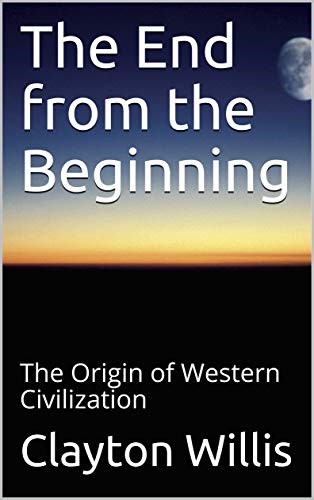The Tenth Commandment

Each of these 10 immutable, eternal laws is individual and personal to each of God’s people. Obeying them is an individual responsibility. They provide no instruction for human religious organizations or groups and there are no rituals mentioned or described.
God spoke the 10 Commandments aloud to the thousands of Israelites gathered at the base of Mount Sinai. When He finished speaking, He added “nothing more. Then He wrote them on two stone tablets” and gave them to Moses [Deuteronomy 5:22]. Why nothing more? Because those Ten Commandments are the only laws needed by mankind to develop a perfect society.
The first 4 define our relationship with God; the other 6 define our relationship with each other.
The Ten Commandments are recorded in the Book of Exodus, chapter 20, verses 2 – 17 and Deuteronomy 5:1–22.
Here is the Tenth Commandment:
17 “You shall not covet your neighbor’s house. You shall not covet your neighbor’s wife, or his manservant or maidservant, his ox or donkey, or anything that belongs to your neighbor.” Exodus 20:17; Deuteronomy 5:21 (NIV84)
The Hebrew word châmad (pronounced khaw -`mad) is translated as “covet”. Its meaning in context is “to desire greatly” or “to lust for”. This is not simple “admiration” of what belongs to another but your desiring (lusting for) the very thing that specifically belongs to another person.
The specifics listed are interesting:
- Your neighbor’s house
- Your neighbor’s wife’
- One who is controlled by your neighbor
- Ox or donkey (today, we might relate this to a vehicle)
- Anything that belongs to your neighbor
Observing our contemporary culture, it’s obvious that we have a huge problem with this Commandment, especially among those who are part of our governments or our “ruling class”.
From their media commentary (at least as it’s reported), it seems that there are many of the 100 Senators and 435 Representatives who think they should hold the power of the US President or at least the power of the leaders of their two houses.
And it is apparent that they covet that power and position.
Probably, some of those who seek the elective offices do so out of a sense of civic responsibility – I certainly hope so! But many appear to lust for the power of the office and will compromise whatever principles they start out with if that compromise will help them be elected or re-elected. Some from middle-class backgrounds without business or financial experience leave office multi-millionaires.
We see this lust for power within the media as the more powerful “personalities” seem to be attempting to run our country. They not only tell us what they think is going on but also what we ought to think about what’s going on.
Looking at the contemporary, ubiquitous, never-ending media coverage of the current resident of the White House, could it be that many of his critics are coveting that status? Thrice married to 3 beautiful women, rich, eminently successful in his business dealings, a mega-star on TV for many years, holding the most power of any man alive today – there’s a lot that could be coveted!
Like him or not, that could explain much of the unprecedented, continual uproar and vitriol since 2016.
However, as each of these Commandments are for individuals, each of us should analyze our own motives for the things we do and say.
Do we see that Porsche, BMW, Lexus or Cadillac our neighbors drive and want that very car? Do we see our neighbor’s beautiful wife or handsome husband and wish they were our mate or that our mate looked like them? Do we see the mansions of the wealthy and covet their status in our culture?
Perhaps closer to my “status” in our culture, do I look at my boss at work and think it should be me running the office or the production line? Do I look at the one who owns the business for which I work and wish that it had been me who came up with that business plan? Do I covet that power and wealth?
Envy (coveting) is a deadly, evil sin and the violations of the Tenth Commandment are obvious to any observer of our culture.
I ask God for forgiveness of my sin and pray that many will repent of that sin for the sake of our culture, our children and grandchildren.

